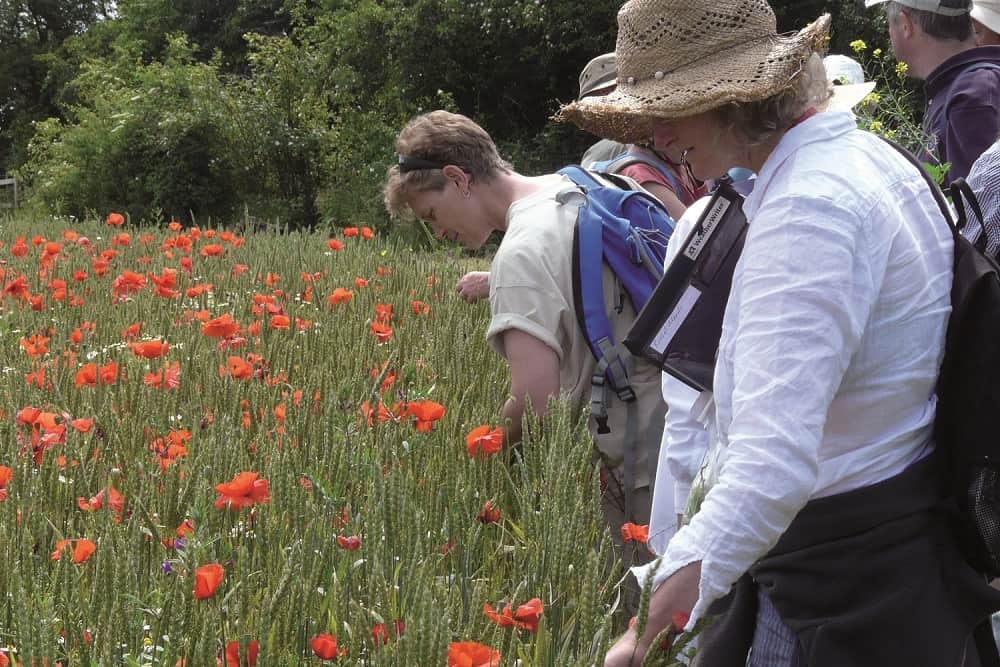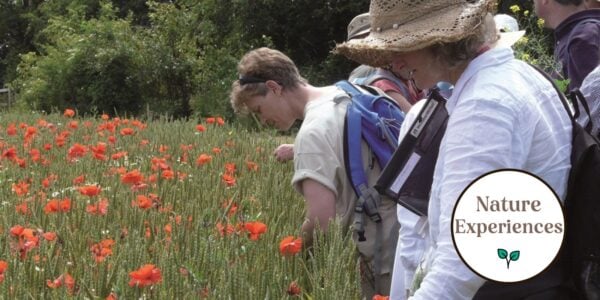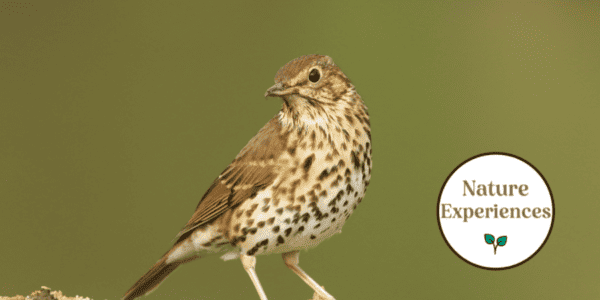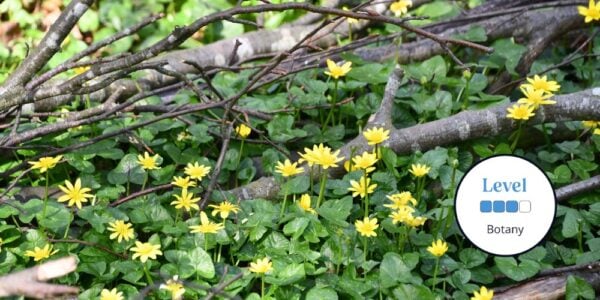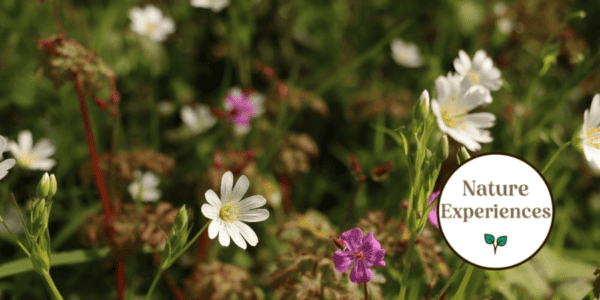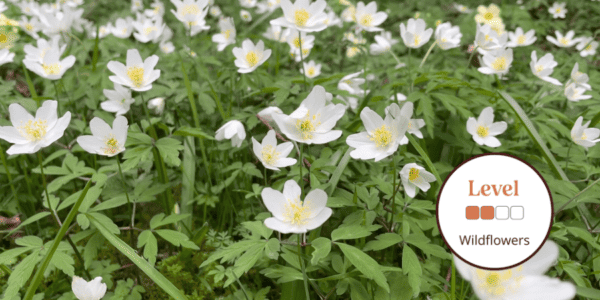This beginner course is a chance for you to learn how to identify wildflowers correctly. You will be closely examining and gaining an understanding of floral structure. You will make a start in being confident in the species you identify using your wildflower guidebook in the field.
Read more
What will be covered during this course?
- An introduction to flowering plants.
- Floral anatomy.
- Botanical terms to help understand species descriptions.
- Basic skills to start identifying species of wildflowers using a key.
By the end of the course you will be able to:
- Differentiate flowering plants from other divisions in the plant kingdom.
- Describe floral anatomy with botanical terms.
- Explain the difference between monocots and dicots.
- Label different vegetative parts of plants.
- Define different types of inflorescences.
- Identify the difference between a superior and inferior ovary.
- Apply knowledge of the above by looking at plants closely in the field, and practice using a key to identify flowers.
This course is targeted at anyone who is interested in learning more about this area of natural history.
No prior knowledge will be assumed; participants with at least some prior knowledge may find it a little easier to build on their existing learning, but it isn’t necessary.
Please note: This course is not part of the Biodiversity learning framework, this course is organised by Flatford Mill and the tutor.
About the tutor
Alanna Cooper
Alanna Cooper is a botanist and principal ecologist with over 16 years’ experience in ecological consultancy. Alanna has experience of botanical survey work and habitat management in both Canada and the UK. She has a passion for wildflowers and helping beginners to botany develop their identification skills.
Explore our range of nature courses hosted by our engaging tutors and learn from their expertise and knowledge. Our nature experiences are a chance to meet like-minded people, a chance to unwind from everyday life, and a great opportunity to experience the UK’s glorious wildlife and the surrounding countryside of our field centres.
Example Timetable
Example Timetable
This timetable is subject to change but should give a clear outline of what to expect.
Please arrive promptly so that the classroom session may begin at 0930. The course will complete by 17:00.
0930-12:30 Classroom session
We will begin with a short presentation introducing flowering plants, followed by dissecting a flower, going over the basics of flower anatomy. Following this, we will learn vegetative parts of the plant, and how inflorescences (collection of flowers on a plant) give wildflowers their distinctive shape and habit. All these factors help beginners to recognise diagnostic features and learn to recognise to species-level some of the most widespread and successful plants that characterise the Suffolk countryside.
12:30-13:30 Lunch
13:30-16:00 Field excursion
The classroom session will be followed by a group led session identifying plants in and around the beautiful surroundings of Flatford Mill. This includes wildflower meadows, hedgerows, scrubland and a cottage garden. Students will practice using a simple identification key to identify wildflowers to species level. This will mainly be a group activity, but there will be a chance to have a go individually or in smaller groups if desired. You will walk one to two miles over uneven ground during the afternoon. This will be done at a slow ‘botanising’ pace.
16:00-17:00 Consolidation of learning in classroom and final questions.
What's Included
Refreshments are provided but please bring your lunch with you.
Before You Attend
What to bring
Since this is a pure beginner’s course, all guidebooks and hand lenses will be provided by the tutor to borrow. However, if you have your own hand lens (x10 magnification recommended), or your own copy of a flower identification book, please bring this along. The tutor will have copies of the ‘The Wild Flower Key (revised edition)’ by Francis Rose revised and updated by Clare O’Reilly, to practice using in the field, although books may need to be shared depending on course numbers.

